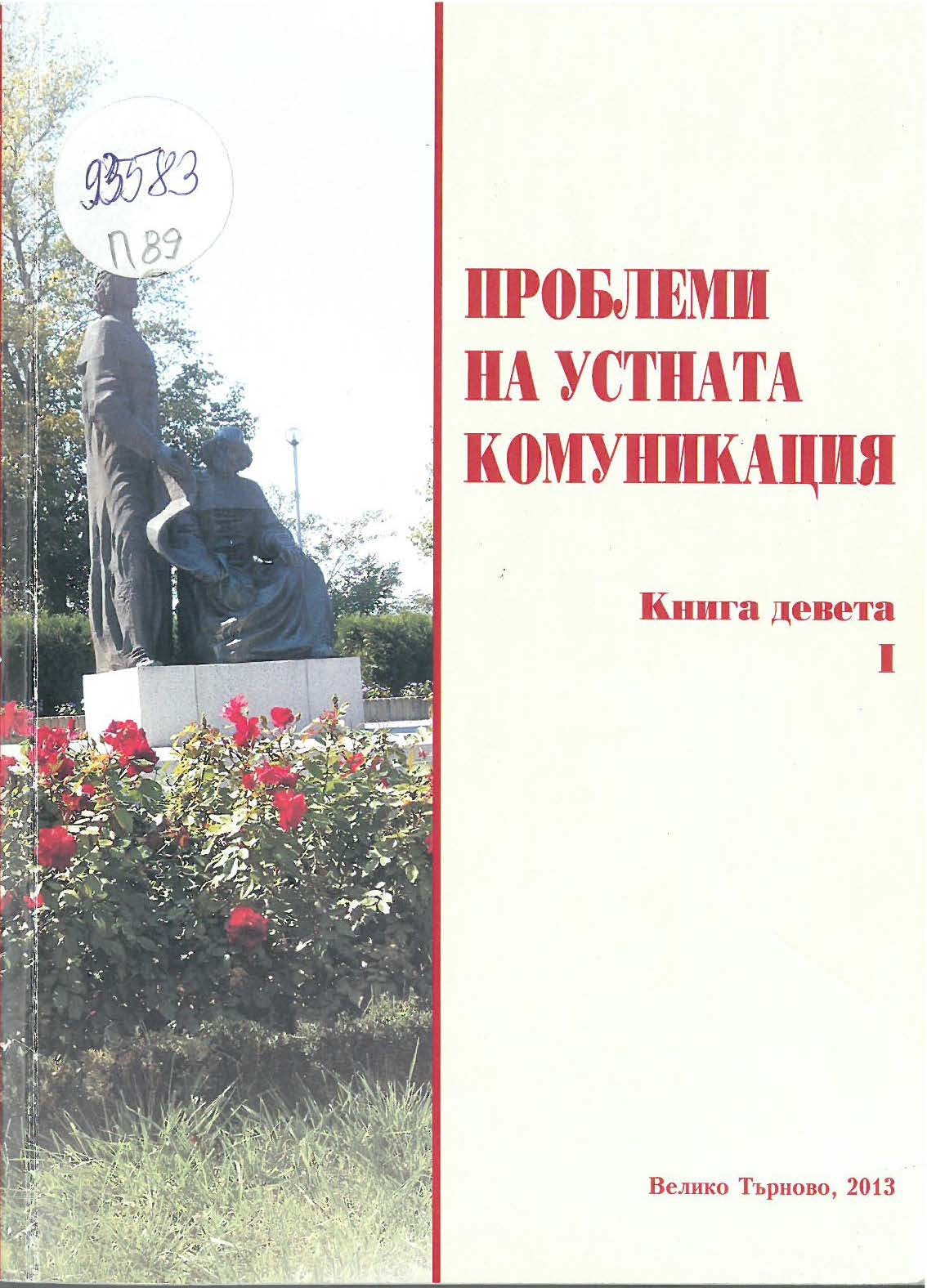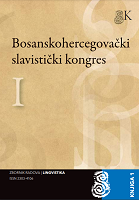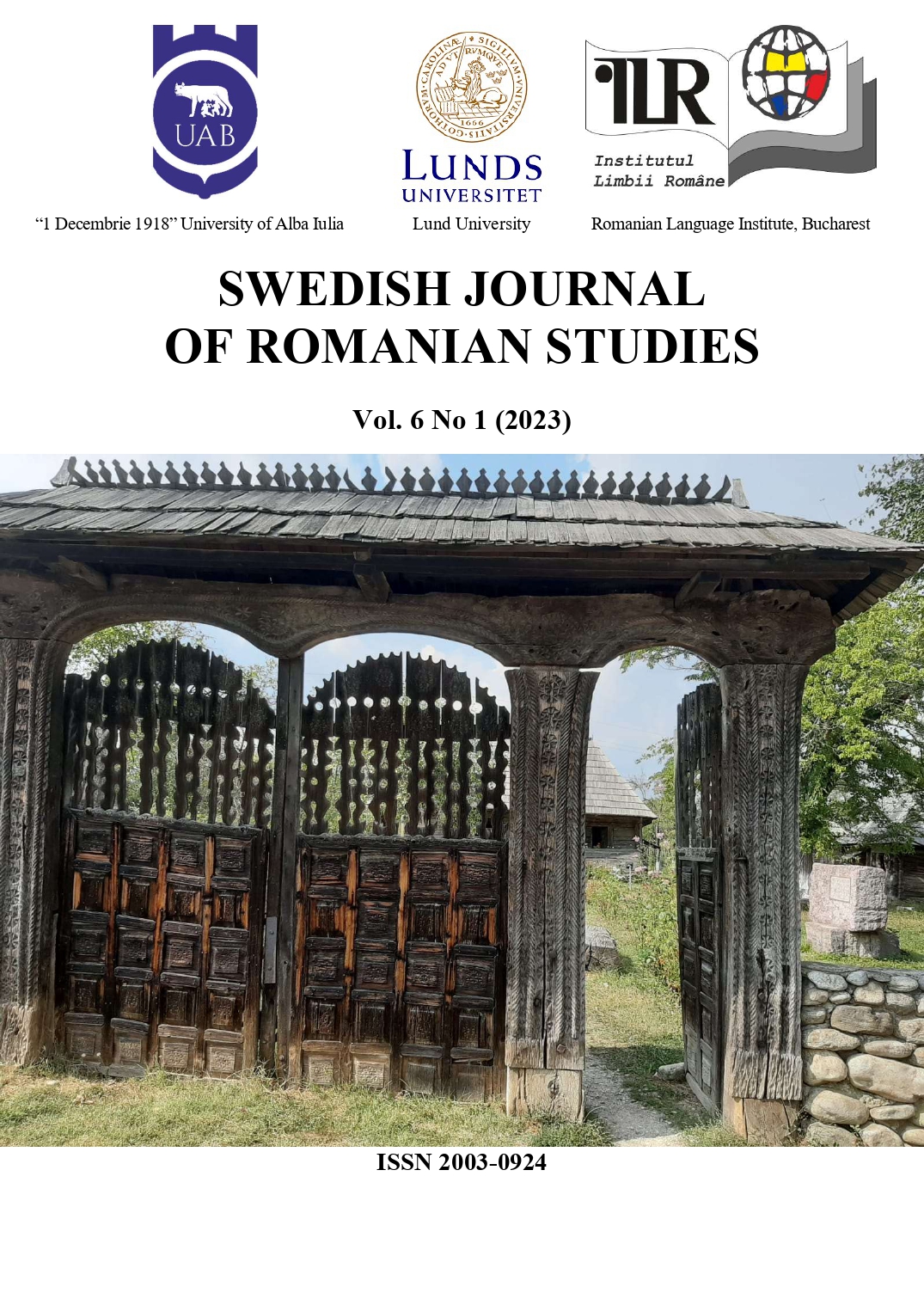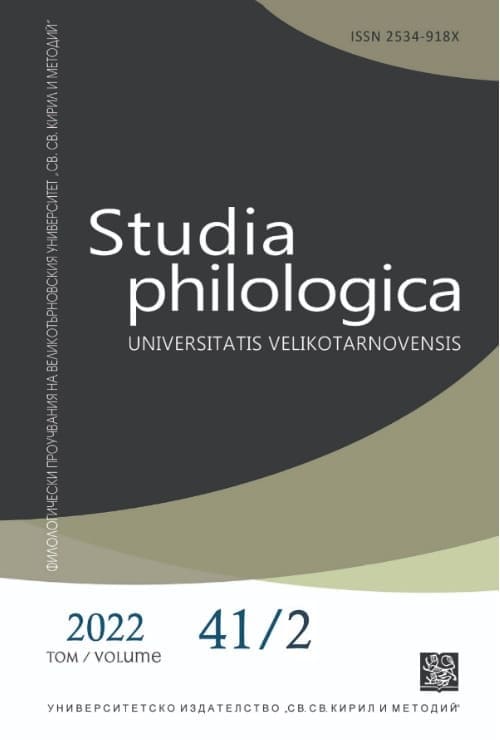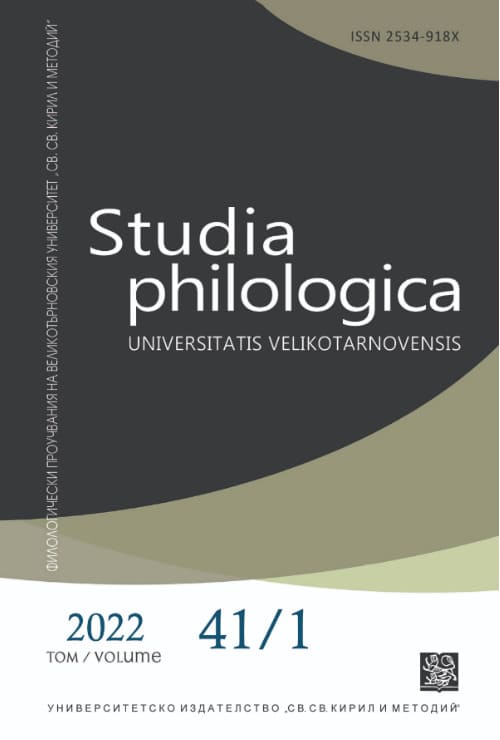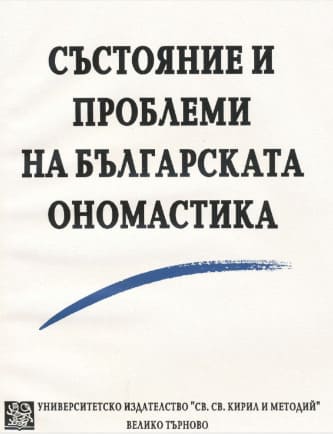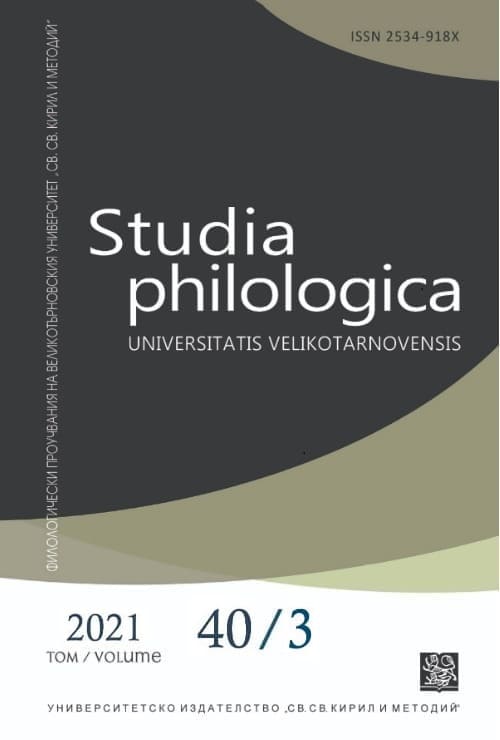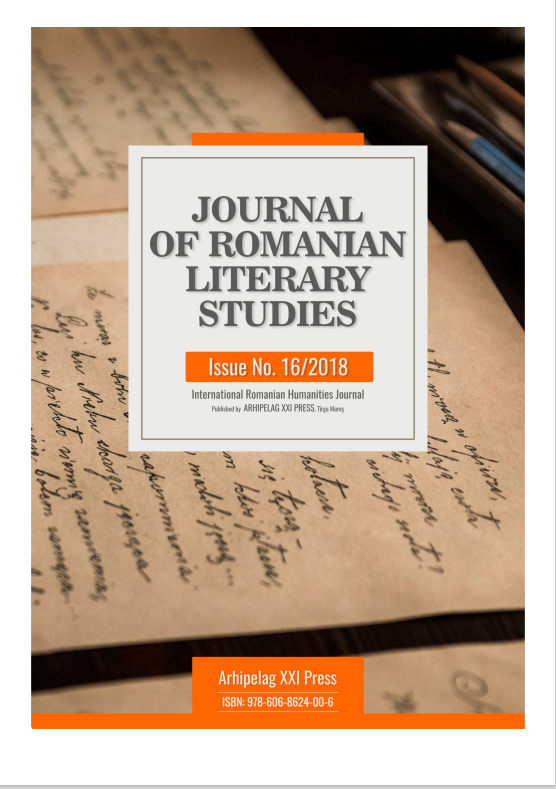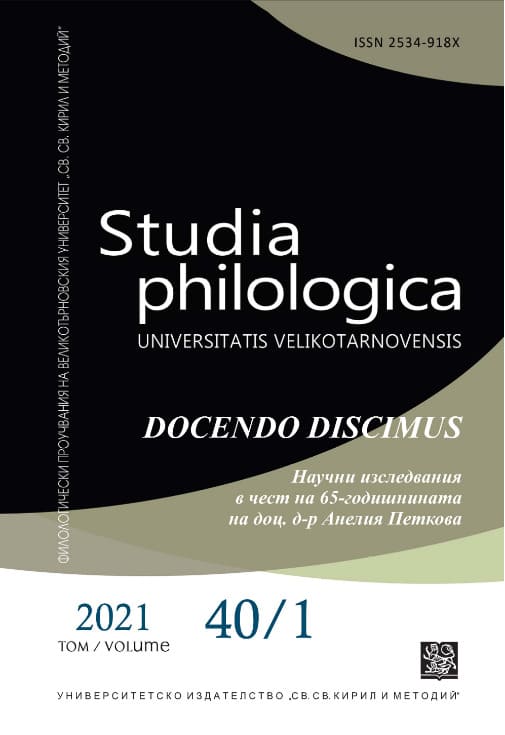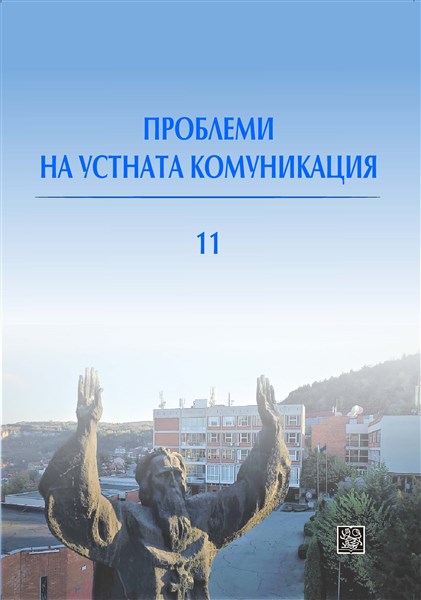
Страдателният залог в устната реч
The main topic of the article is the use of passive voice in Spoken Bulgarian. Special attention is paid to the passives with the auxiliary verb biva. A review of the existing opinions on the use of the forms under consideration is made. The possible contexts of use, as well as the presence or absence of competing passive verb forms in the given context, are considered. A conclusion for the preference of a passive verb form with biva is made.
More...
